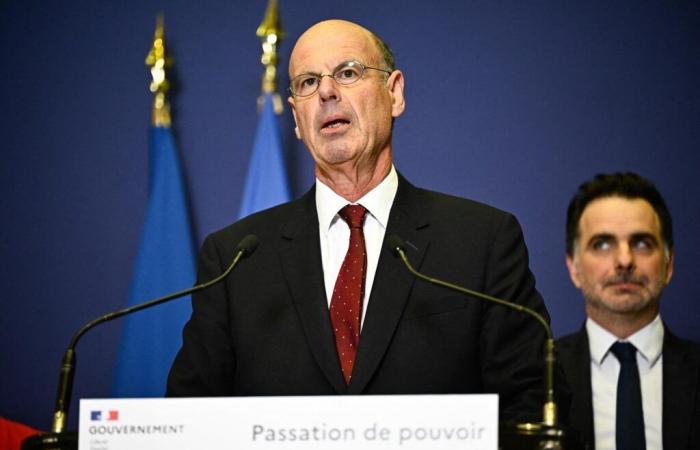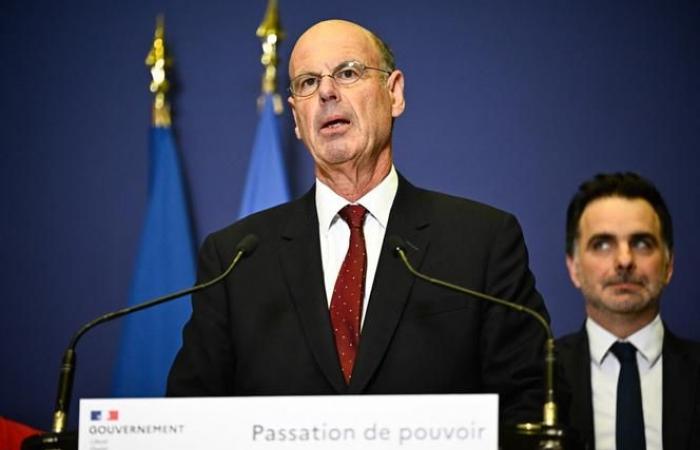When it comes to public finances, the new government has good and bad news to share. The good news is that, at last count, France’s public deficit has not slipped further than expected. For the year 2024, it should have reached 6.1% of gross domestic product (GDP), according to the latest internal feedback from the Finance Ministry. This is obviously much higher than the 4.4% originally targeted, but at least there was no further slippage in the final weeks of fiscal year 2024, when some experts imagined it could rise to 6.3%, adding that much more to France’s debt. Public spending has been kept in check, and revenues are, at this stage, in line with the latest forecasts.
The bad news is that the previous government’s 2025 target is no longer tenable. Former prime minister Michel Barnier had hoped to reduce the public deficit to 5% of GDP. Mission impossible, the new government now believes. It will be “around 5%, a little over 5%,” Prime Minister François Bayrou said on December 23, 2024. Since then, a precise course has been set: limiting the deficit of the state, local authorities and Social Security to 5.4% of GDP in 2025, according to corroborating sources. Publicly, however, the Finance Ministry refused on January 3 to confirm this figure, indicating that it was still “the subject of work and discussions” and that the target would be made official when the budget was presented.
You have 60.42% of this article left to read. The rest is for subscribers only.
France







